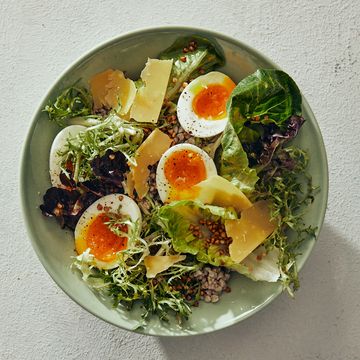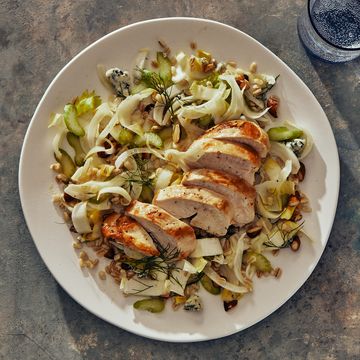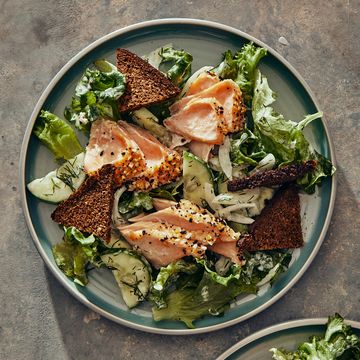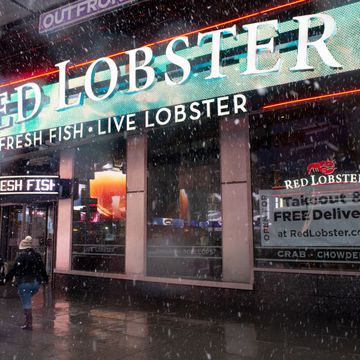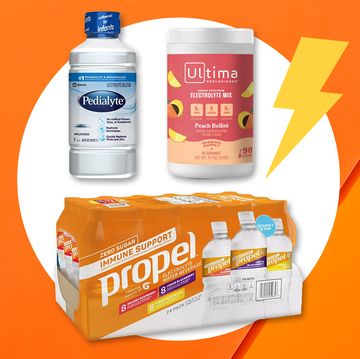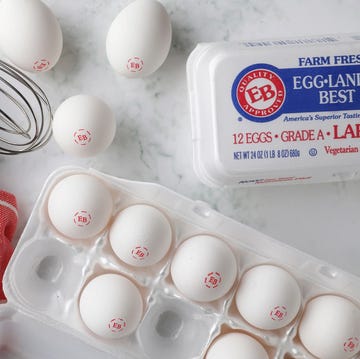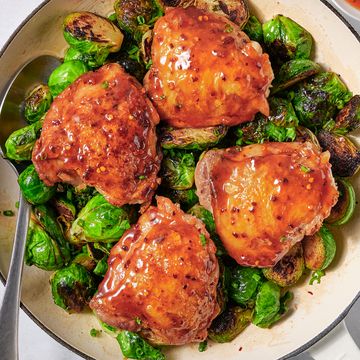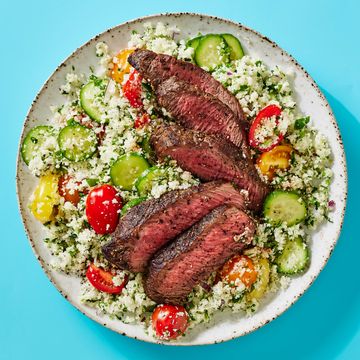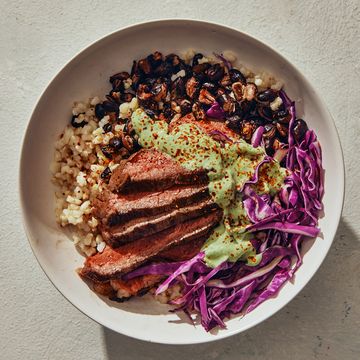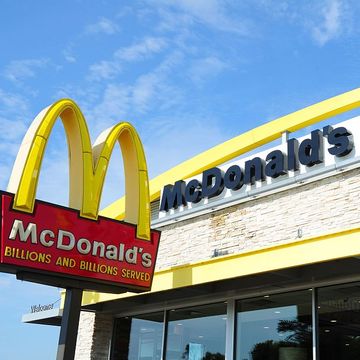This article was written by Julia Westbrook and provided by our partners at Rodale News.
Selenium is a mineral that, in small doses, can have some big impacts on your health. It has already been connected to fertility, and now researchers have found that may also play an important role in battling cancer. So if some is good, more is better, right?
Not in this case. Mark Moyad, M.D., author of The Supplement Handbook, explains that this is one of those situations where less is more. "Too much selenium (200 micrograms a day) has been associated with an increased risk of type 2 diabetes, aggressive prostate cancer, and skin cancer recurrence, and with no benefit for heart health," he explains. "Selenium is a wonderful and probably disease-preventing nutrient where both too little and too much can be harmful."
One way to ensure that you're not overdoing it on this mineral powerhouse is to get your selenium from food. "Eating foods with selenium might reduce the risk of cancer, but taking selenium to prevent cancer has shown no benefit [in research]," says Moyad.
Most people are able to meet their average recommended intake simply through their diets, but if you're on the low side, consider adding these foods to your shopping list, as suggested by the National Institutes of Health, Office of Dietary Supplements.
Brazil Nuts
Far and away, Brazil nuts are the best source of selenium, with 544 micrograms (mcg) per ounce (six to eight nuts).
Fish
At 95 mcg per serving (3 ounces), tuna comes in second place. Choose the Wild Planet tuna for more responsibly-caught tuna with lower levels of heavy metals.
Other selenium-rich seafood includes halibut (47 mcg per serving), sardines (45 mcg), and shrimp (40 mcg). We recommend avoiding Atlantic halibut—Pacific halibut is generally okay, and sardines are on our good list, too. However, there are a lot of problems with shrimp, so we'd suggest looking for selenium elsewhere.
Pork, Beef, and Poultry
Like fish, meat is rich in selenium. Ham has 42 mcg per serving, beef has 33 mcg, turkey has 31 mcg, and chicken has 22 mcg. But, also like fish, there can be a lot of other nasty stuff, such as antibiotics, hiding in these products, so always opt for organic, pasture-raised meat.
Cottage Cheese
This delicious dairy not only comes with a healthy 20 mcg of selenium, but it has 103 mg of calcium per four-ounce serving, too. Just make sure the kind you buy doesn't have carrageenan in it.
Grains
Rice, oats, and even corn flakes contain selenium. Rice and oatmeal are the best grain-based sources. Here's how to avoid arsenic in rice.
The Supplement Handbook is a publication of Rodale, Women's Health's parent company.


